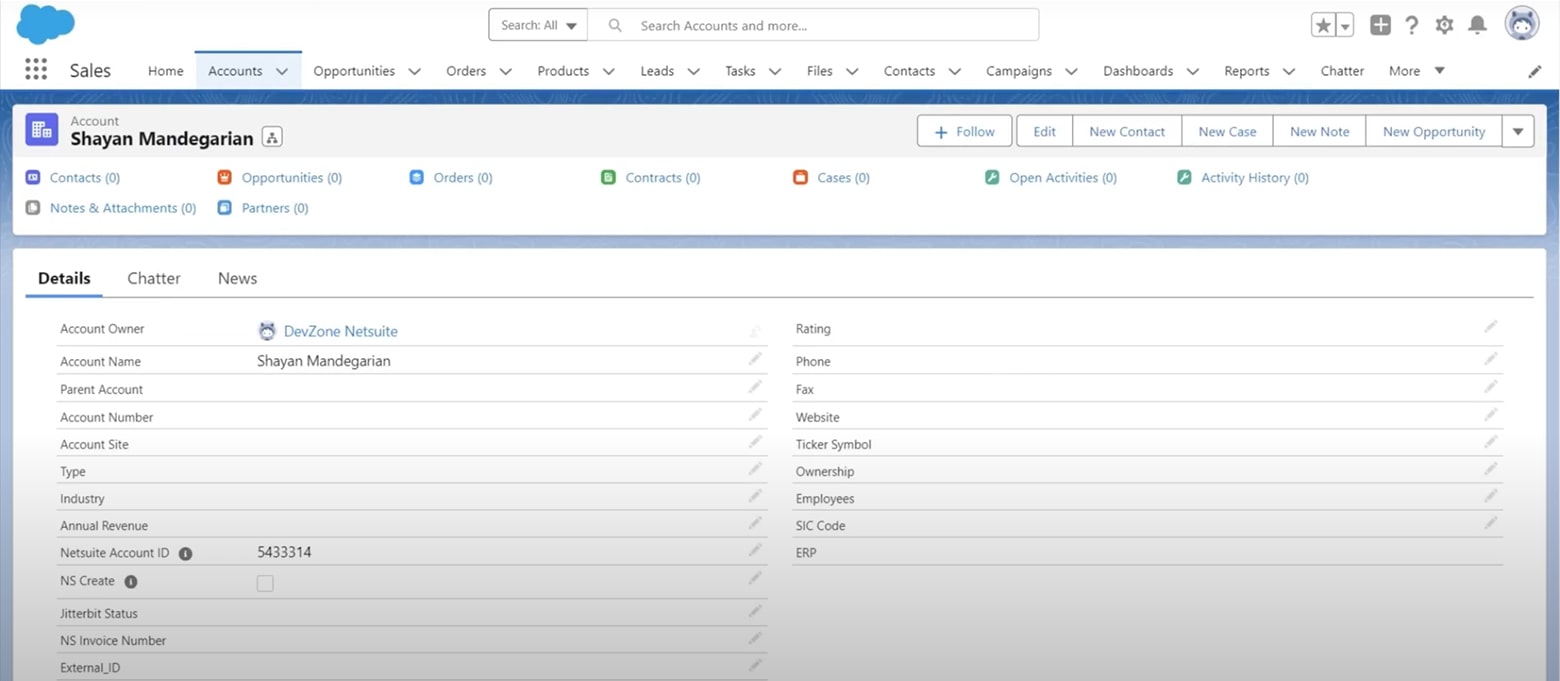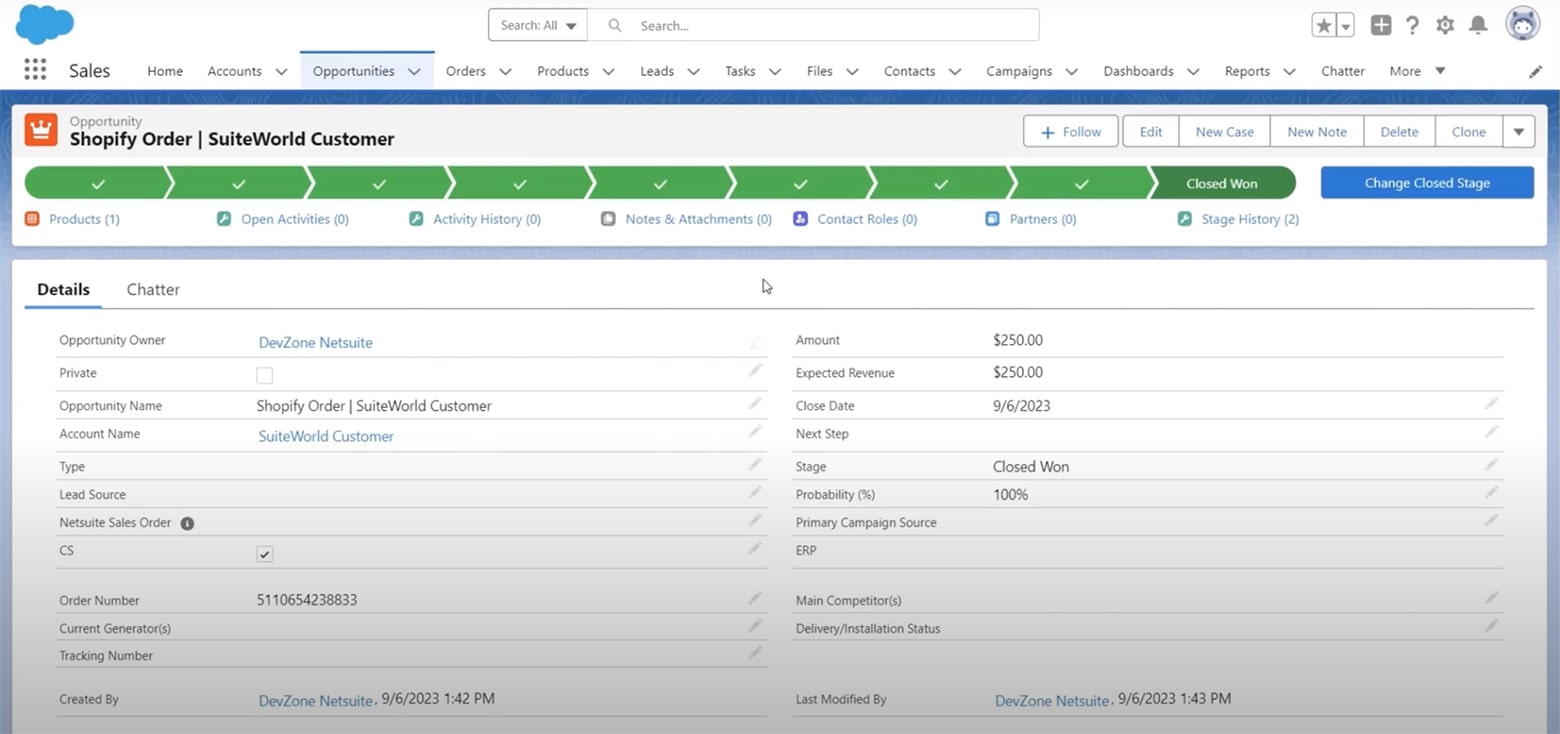By David Rastatter, Senior Director, Product Marketing
How ERP streamlines data integration, plus 3 use cases to automate ecommerce activities.
How many companies do you think use enterprise resource planning (ERP) to manage ecommerce activities? According to recent data, it’s a mere 11 percent.
When you consider more than 70% of enterprise businesses use an ERP, it’s safe to assume a majority of ecommerce processes are missing an opportunity for efficiency.
Using an ERP can deliver a real advantage. It creates a central hub to exchange and transfer data between front-end and back-end systems, including the growing list of touchpoints that today’s consumers are using to browse, research, compare, and purchase goods.
When these channels – websites, social media, mobile apps, emails, digital marketplaces – are not connected, businesses are left with a plethora of customer data siloed in disparate systems. For the customer, it means a disconnected experience with your brand (and an incentive to shop elsewhere).
This is where iPaaS comes in. An integration platform as a service (iPaaS) is the backbone of a connected tech stack by seamlessly syncing all of your applications to create a sound ecosystem, a centralized source of truth for your data, and automated processes and data exchange between applications.
Here are three use cases that demonstrate the importance of having an integrated iPaaS platform and ERP solution. Not only will it make your business faster and more efficient, but it also boosts your customer experiences, elevates your brand reputation, and sets a scalable foundation to evolve.
Automating 3 ecommerce workflows with NetSuite integration
With the excitement building for Suiteworld 2023, here’s a look at three ways to automate ecommerce processes by integrating NetSuite with other business systems.
-
Automate opportunity to order
Creating sales orders is an integral business process, yet many businesses are still doing this manually; resulting in common challenges like order entry errors, delayed order approvals, fulfillment and tracking discrepancies, and bottlenecks in the invoicing process.
Integrating the systems and applications involved in the opportunity to order process accelerates the transaction and ensures data accuracy.

NetSuite ID is automatically populated into Salesforce. Let’s say you are using Salesforce as your CRM. By integrating NetSuite with Salesforce, sales and customer information is exchanged seamlessly, ensuring data accuracy and accessibility from both systems. The result is faster response times to customers, less data errors, and more seamless transactions.
With an iPaaS, you can also automatically:
- Create a sales order in NetSuite when an opportunity closes in Salesforce
- Sync contacts between NetSuite and CRM systems; updating customers and accounts across systems when changes are made
- Ensure inventory counts are accurate by providing a real-time, consistent view of product availability in both systems
👉 Learn how you can automate sales order creation with pre-built Salesforce-NetSuite Integrations.
-
Automate order to fulfillment
In the ecommerce world, merchants receive an order via a web store, pack the order, and ship it to the customer, all within the promised timeline. An ERP acts as the central hub for this entire process.
With proper integration, customer, order, inventory, and shipping data is passed back and forth between NetSuite and your webstore or commerce platform (Shopify, BigCommerce, etc).

Order placed in Shopify is recorded in Salesforce and NetSuite Here’s how integrating NetSuite and Shopify accelerates the order to fulfillment process:
- Order data is pulled from Shopify and pushed to NetSuite
- If the customer record on the order does not exist in the NetSuite, a new record is created
- The item is picked and packed; a shipping label is created with tracking
- NetSuite creates an invoice and automatically updates the inventory count
- Order is shipped
- NetSuite pushes the shipping and tracking information to Shopify
- Shopify notifies the customer with tracking information
👉 Learn how you can automate sales order creation with pre-built Salesforce-NetSuite Integrations.
-
Automate EDI transactions
Ecommerce businesses use a variety of channels and marketplaces to sell their products online. Many marketplaces, including the likes of Amazon, Costco, Walmart, Wayfair, require brands to transact with them using electronic data interchange (EDI). EDI is the industry standard for marketplaces and trading partners to exchange order documents securely and seamlessly.
Once a trading partner is set up, configured, and tested with an iPaaS solution, you can automate EDI data exchanges between trading partners and your ERP or back-end systems.Let’s look at an EDI to ERP integration through the lens of Costco Commerce Hub and Netsuite:
- An order is placed on the Costco marketplace
- Commerce Hub sends an EDI document to the merchant with the necessary order and customer information, which is automatically populated in NetSuite
- If the customer record on the order does not exist in NetSuite, it is automatically created
- The order is packed and a shipping label with tracking is created
- An invoice is created and the inventory count is updated in NetSuite
- The order is shipped and the shipping information (with tracking) is pushed to Commerce Hub, who then notifies the customer and Costco with the necessary information
With integration in place, merchants meet trading partner compliance and have the ability to process large numbers of orders accurately and efficiently.
Increase the value of your NetSuite ERP with data integration
Integrating ERP systems like NetSuite to commerce platforms and EDI via an iPaaS solution, businesses have a central location to access and manage integrations and a single source of truth for all data — ultimately creating a more frictionless buying experience.



